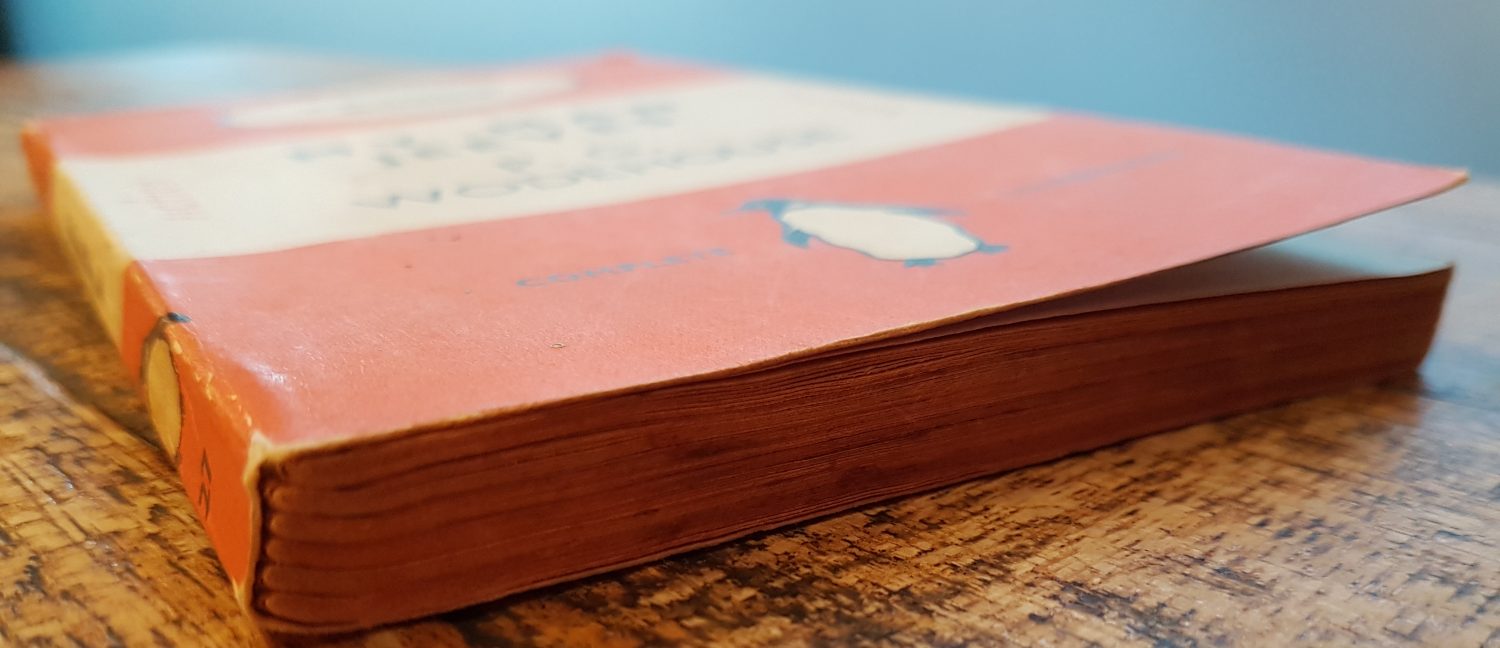Originally posted on The Traveller:
I was basking in the autumn sunshine, mellowing fruitlessly, when an unbidden thought drifted into my cerebellum: what if Jeeves had not been called Jeeves? What if another cricketer’s name had caught P.G. Wodehouse’s ear and the gentleman’s personal gentleman who made his entrance on 18 September 1915 had been called something else? Would Jeeves now be a metaphor for members of the butlerine genus everywhere, or for sources of infallible information on any topic, but most especially in matters of correct dress for all occasions? I mean to say, what? These be deep waters… Continue reading Right Ho, Gaukrodger









